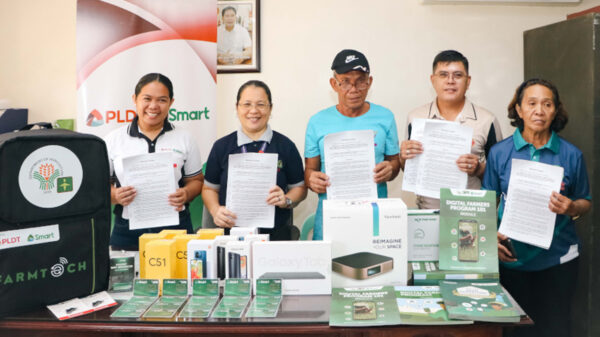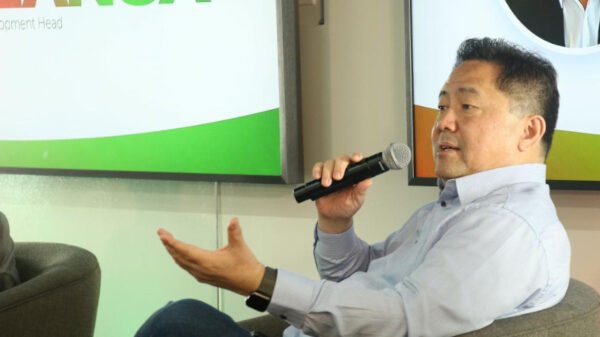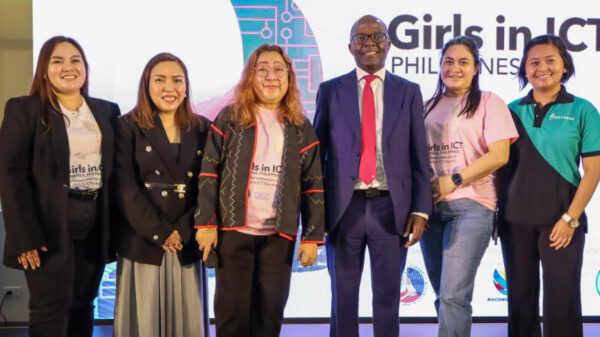Scientists from the Andalusian Research Institute in Data Science and Computational Intelligence, or DaSCI (University of Granada), together with the private company Ferrovial and the Spanish Royal Academy of Engineering, highlight the need for unified, accessible, and open data in developing projects to address many of the challenges of the UN’s Sustainable Development Goals
Scientists from the Andalusian Research Institute in Data Science and Computational Intelligence, or DaSCI (University of Granada), together with the private company Ferrovial and the Spanish Royal Academy of Engineering (RAI), have conducted a study to analyze how engineering and technological solutions strongly linked to artificial intelligence (AI) can positively contribute to the 17 Sustainable Development Goals (SDGs) set by the United Nations (UN).
To protect the planet and ensure prosperity for all people, the UN established these 17 SDGs as part of its 2030 Agenda, which constitute a paradigm shift for companies and governments in the design of new business models and public policies based on sustainability. Governments, the private sector, and civil society all play an important role in achieving the goals.
The project, entitled “Engineering as a Facilitator of SDGs: Artificial intelligence and disruptive digital technologies”, began in March 2020, focusing specifically on the study of AI and digital technologies and how these might be applied to further progress toward the 17 SDGs. The research is organized into three facets that broadly correspond to (i) an introduction to AI and digital technologies, (ii) analysis of their application to the SDGs, and (iii) recommendations for action that can help develop projects and support the achievement of associated goals. As part of this research, the authors reviewed the specialized scientific literature, including over a thousand bibliographical references relevant to the 169 targets that have been set to achieve the SDGs.
This work makes an important contribution to our understanding of the analytical capacity of engineering–under the umbrella of AI and digitalization in support of the SDGs–and to addressing the challenges faced by the world economy and society in the 21st Century. It also provides insights into the three dimensions that characterize sustainability: the economic (including the different areas of life and economic and technological development); the social (including social development and equality); and the environmental (including resources and the environment).
One of the conclusions of this work is that data constitute the common element on which AI and digital technologies are based. Here, it is important to highlight the need for data that are unified, accessible, and open, as this supports the development of projects designed to address many of the global challenges. Governments and companies must converge toward this objective by generating and sharing data that allow them to successfully take on projects and design solutions to address the SDGs.
The researchers point out that it is imperative to strengthen the links between science and engineering, industry and governments, to reinforce dialogue and expand the different avenues toward achieving high-quality data.
Global targets
“The SDGs set targets to be achieved at the global level, but not all countries and regions of the world are currently in the same position in this race to achieve them. So the application of AI and digital technologies must obviously be adapted to the situation of each country and targeted at the most pressing SDGs,” the authors explain.
Digital technologies are advancing at a rapid pace, which means it is important to look for alternative ways to measure the achievement of the SDGs–ways that are adapted to this accelerated pace of progress and the emergence of new digital paradigms. This is especially important given the current world scenario caused by the COVID-19 pandemic, which has undoubtedly had a profound impact on all dimensions of the SDGs, far beyond the strictly health-related aspect.
AI and digital technologies are fundamental tools for travelling the path we have to navigate during this decade, as we carry heavy moral and ethical responsibility toward today’s world. Working toward the 17 SDGs is both a great opportunity and a major challenge.
A new book about the study, featuring original illustrations by Pablo García-Moral, is now available, which explores the latest thinking on this issue from those involved in the project. It was written by a team of 16 authors, coordinated by Rosana Montes (UGR), Francisco Herrera (UGR and RAI), Javier Pérez de Vargas (RAI), and Rosario Marchena (Ferrovial).














































































































